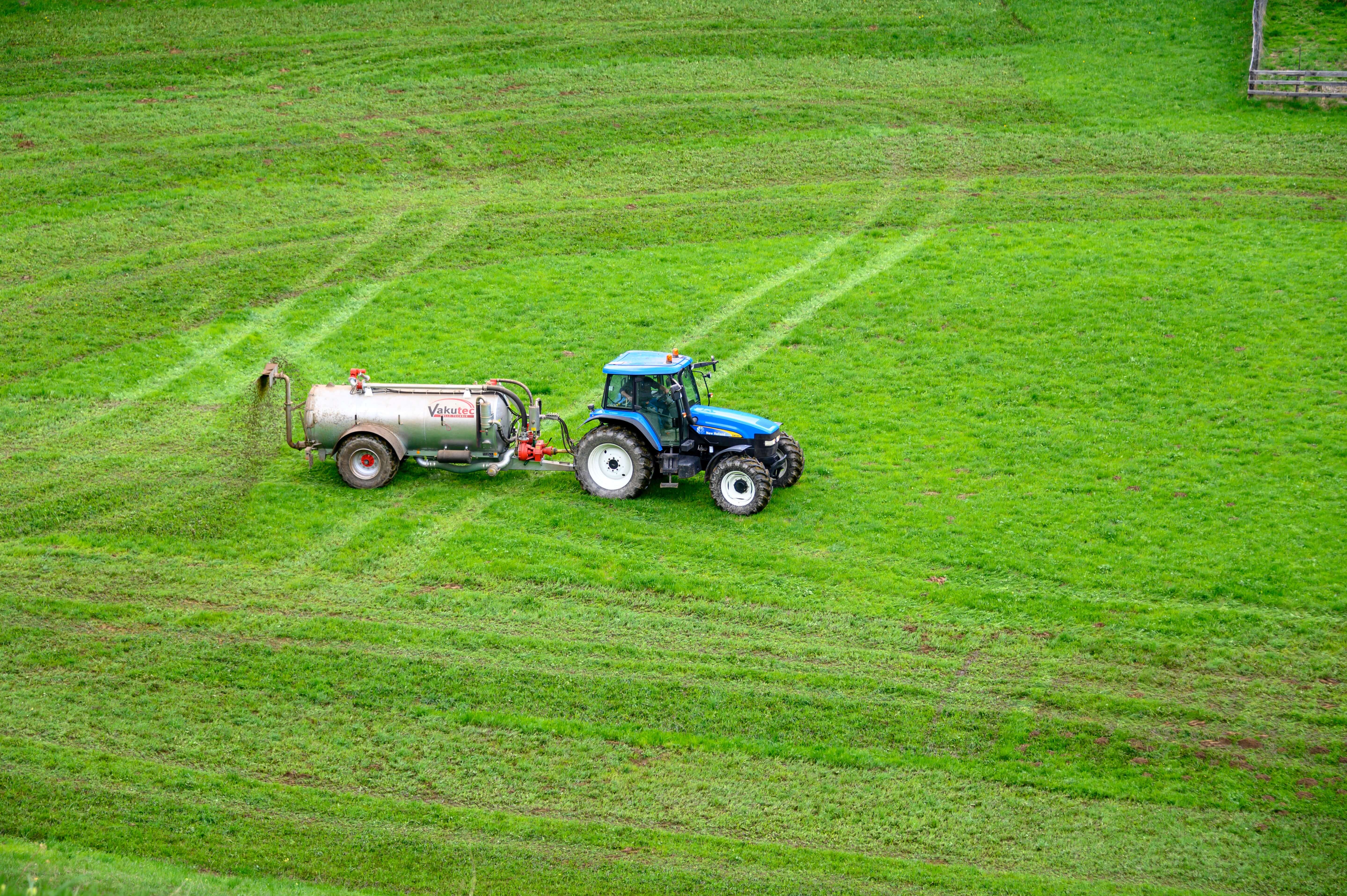The partnership between Grace Breeding and Evolva is a significant step towards sustainable agriculture. With the collaboration of these two companies, farmers will have access to a revolutionary bio-fertilizer that has been tested on farm-scale corn and wheat fields in Israel and is currently undergoing tests in Brazil. Grace Breeding's NFT bio-fertilizer, in combination with Evolva's precision-fermentation platform, will aim to help reduce the environmental impact of conventional urea-based fertilizers. The NFT solution enables crops to fix nitrogen naturally and significantly reduces the use of synthetic nitrogen, leading to a 50% reduction in chemical fertilizer use. This will ultimately lead to lower CO2 emissions and reduce the impact of chemical fertilizers on soil and groundwater.
Assaf Dotan, the CEO of Grace Breeding, expressed his excitement about the partnership, stating that it will provide tremendous support to their bio-fertilizer supply chain and help them get their NFT product to farmers faster. In addition, access to Evolva's precision-fermentation technology will accelerate their ability to bring their product to farmers desperate to address the economic impact on soil and climate resulting from conventional urea-based fertilizers. With the success of the field tests in Israel and the ongoing tests in Brazil, the partnership between Grace Breeding and Evolva is set to revolutionize the agricultural industry and provide a sustainable solution for farmers worldwide.
Fertilizers Have Been Subject To Major Price Fluctuations
In 2022, prices reached record-breaking heights due to the war in Ukraine and the removal of one of the largest sources of mineral fertilizer. These events decreased global fertilizer production, leading to a supply shortage and increased prices. These price hikes were felt worldwide, affecting farmers and consumers alike. The World Economic Forum has warned that this could lead to a food supply crisis, one of the world's top four threats. The global production of fertilizers further exacerbates the situation, significantly contributing to CO2 emissions and non-CO2 greenhouse gas emissions. Therefore, it is vital to develop alternative fertilizer solutions that are more sustainable and eco-friendly.
Towards the end of 2022, prices decreased but remained at high levels. This trend is likely to continue as the world faces climate change challenges and increasing food demand. Therefore, there is an urgent need to find innovative solutions that can help reduce the impact of fertilizer production and use on the environment. Researchers are currently exploring alternatives to traditional fertilizers, such as bio-based fertilizers, which can reduce greenhouse gas emissions while maintaining similar efficiency and not hampering plant productivity. These alternative solutions will not only help address the fertilizer shortage but also mitigate the environmental impact of agriculture and contribute to the global effort to combat climate change.
Photo by Etienne Girardet on Unsplash



2 Comments